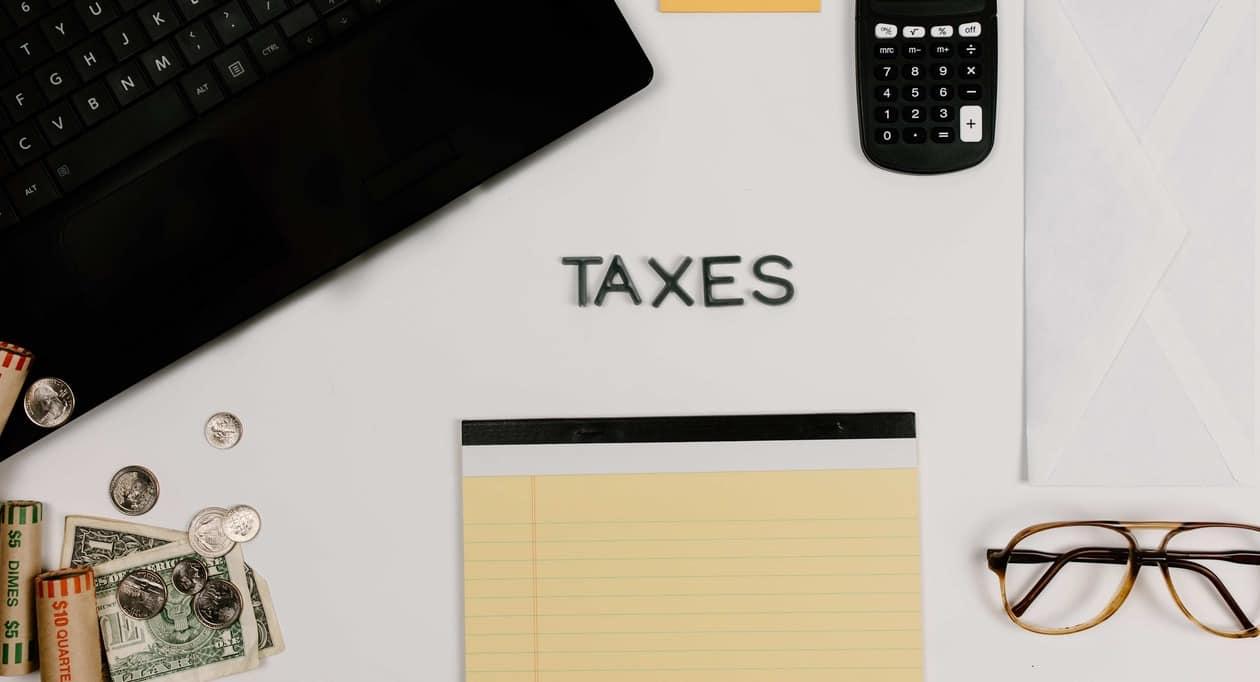As the deadline to file income tax draws even closer, tax payers are hurrying through the process to meet the deadline that falls on July 31.
Although not many are not happy with the fact that Revenue Secretary Tarun Bajaj has already made it clear that the last date of filing tax return will not be extended this year, however, a trend — ‘extend due date immediately’ has started to trend on the social media since Wednesday.
What is ITR-2?
Several salaried people file their income tax return using the ITR-1 (sahaj) form. However, there could be a possibility that you do not meet the eligibility criteria for filing a tax return using the ITR-1 form. So, in that case you will have to use the ITR-2 form to file your tax return
Let us first understand who is eligible to file tax return using ITR-2?
The form 2 of income tax return is a relatively comprehensive tax return as compared to the ITR-1 form since it requires a more detailed breakup of a taxpayer's various sources of income.
If you wonder what will happen in case an incorrect ITR form is used to file the return.
While filing ITR, you must ensure that you have selected the correct ITR form. If the ITR is filed using the wrong tax return form, then the tax department could send you a tax notice. In that case, you would be asked to file ITR on the correct tax return form.
Use ITR-2 form in any of the below mentioned categories if you:
1. are a company’s director.
2. are a Hindu Undivided Family (HUF).
3. hold investments in unlisted equity shares.
4. have income from - salaries, more than one house property, capital gains, income from other sources such as interest income, dividends etc.
5. have income from assets outside India such as dividend from foreign companies share etc.
6. hold assets outside India.
7. have any losses to be carried forward or brought forward under the head 'Income from house property'.
8. have income from bets on horse racing, winnings from lottery and other means of gambling.
9. have TDS applicable for the certain cash payments made during the year.
10. have income tax deferred on Employee Stock Option plans.
11. have agricultural income more than ₹5,000.
12. are claiming any treaty relief under the double taxation avoidance agreement.
Tax payers must ensure that they file the return on time i.e., before July 31 to avoid penalty and when they do that, they must make note of these factors. And even if they do not have any taxable income, they should still file the return.
